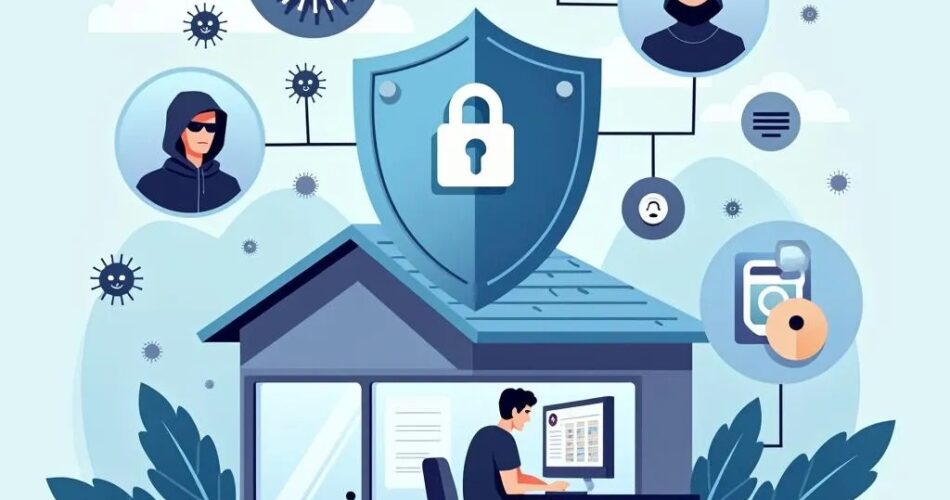Cybersecurity for Small Businesses: Understanding Cyber Threats, Essential Cybersecurity Best Practices, and Affordable Cybersecurity Solutions
In the digital age, cybersecurity is no longer a luxury, but a necessity for businesses of all sizes. Small businesses, in particular, are often vulnerable to cyber threats due to limited resources and lack of specialized knowledge. This blog post aims to provide an overview of common cyber threats, essential cybersecurity best practices, and affordable solutions tailored for small businesses.
Common Cyber Threats to Small Businesses
1. Phishing Attacks: These are fraudulent emails designed to trick recipients into revealing sensitive information like passwords or financial details.
2. Malware: Malicious software, such as viruses, Trojans, and ransomware, can infiltrate systems and steal data, damage files, or lock users out of their own systems.
3. Data Breaches: Unauthorized access or theft of sensitive customer or company data can lead to financial loss, reputational damage, and legal issues.
Essential Cybersecurity Best Practices for Small Businesses
1. Use Strong, Unique Passwords: Encourage employees to use complex, unique passwords for every account. Password managers can help manage these passwords securely.
2. Regular Software Updates: Keep all software, including operating systems and applications, updated to protect against known vulnerabilities.
3. Employee Training: Regular cybersecurity training can help employees recognize and respond appropriately to phishing attempts and other threats.
4. Secure Network: Use a firewall and secure Wi-Fi network for business operations. Prohibit the use of public Wi-Fi for sensitive work.
Affordable Cybersecurity Solutions for Small Businesses
1. Antivirus Software: Affordable antivirus solutions like Avast, AVG, and Bitdefender offer basic protection against malware for small businesses.
2. Two-Factor Authentication: Implementing two-factor authentication adds an extra layer of security to accounts.
3. Password Managers: Password managers like LastPass and Dashlane can help manage complex, unique passwords securely.
4. Email Filtering Services: Services like Proofpoint and Mimecast can help filter out phishing emails before they reach your inbox.
By understanding the common cyber threats, implementing essential cybersecurity best practices, and utilizing affordable solutions, small businesses can significantly reduce their risk of a cyber attack.
Remember, cybersecurity is not a one-time task. It requires ongoing vigilance and education to stay protected in an ever-evolving digital landscape. Investing in cybersecurity now can save your business from costly data breaches and reputational damage in the future.
Conclusion
Cybersecurity is no longer a luxury but a necessity for small businesses. By understanding the threats, implementing best practices, and utilizing affordable solutions, small businesses can effectively protect themselves from cyber attacks. Stay vigilant, stay informed, and stay secure.

